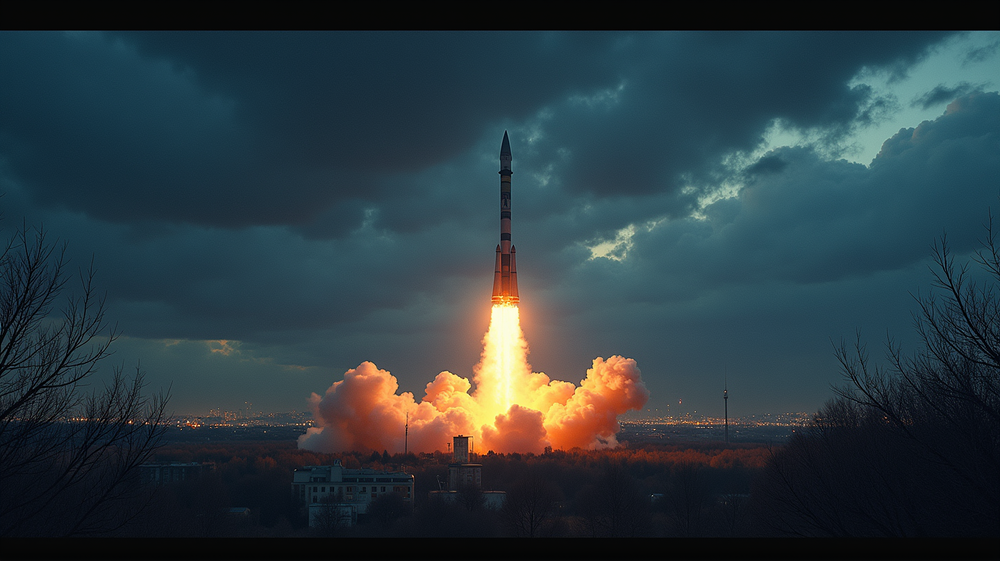In the latest aggressive move from the Kremlin, Russian President Vladimir Putin has bombarded Kyiv shortly after testing a nuclear-capable missile, escalating fears among NATO allies. The repercussions of these actions threaten the safety and stability of European nations, with a particular sense of urgency felt in nations bordering Russia.
Polish Prime Minister’s Dire Warning
Polish Prime Minister Donald Tusk has issued a stark warning regarding Europe’s vulnerability to Russian aggression. He expressed shock over the British public’s complacency about security threats, citing the dangerous precedent set by previous Russia-linked attacks on UK soil. “I was shocked,” Tusk stated, stressing the urgency of taking these threats seriously.
Hypersonic Missiles: A Looming Threat
Tusk highlighted the peril posed by the deployment of Russia’s new hypersonic Oreshnik ballistic missiles. With potential bases in Belarus or the Russian exclave of Kaliningrad, these missiles could reach any European capital within minutes. “The threat is global and universal,” he remarked, underscoring the technological advancements that increase the risk factor dramatically. According to The Independent, these developments should be a wake-up call for NATO nations.
Cyber Threats: A Hidden Warfare
Beyond physical threats, Tusk pointed to Russia’s capabilities in cyber warfare. He warned of potential attacks on critical infrastructure, which could cripple systems vital to national security and public services. From railways to hospitals, the threat of a cyberattack looms large, demanding urgent international attention and collaboration.
Europe’s Preparedness: An Urgent Call to Action
The recent events signal an urgent need for European nations and other allies to reassess their defense strategies and increase cooperation to counteract the multifaceted threats posed by Russia. While the conflict directly impacts Ukraine, the potential ramifications extend across the globe.
In a time of unprecedented technological and geopolitical tension, Europe finds itself at a crucial juncture, where preparedness and unity could prove essential in maintaining peace.
Unity and Vigilance: Stemming Global Threats
As nations grapple with the realities of modern warfare, the message from leaders like Tusk is clear: no one is too far removed from the threat. The world must stand united and vigilant, prioritizing measures that increase security, resilience, and readiness against impending risks.
The broader implications of Russia’s escalated actions serve as a reminder that in today’s interconnected world, international collaboration and decisive action are more critical than ever. The future of global peace and security may very well hinge on the actions and responses taken in the present.












